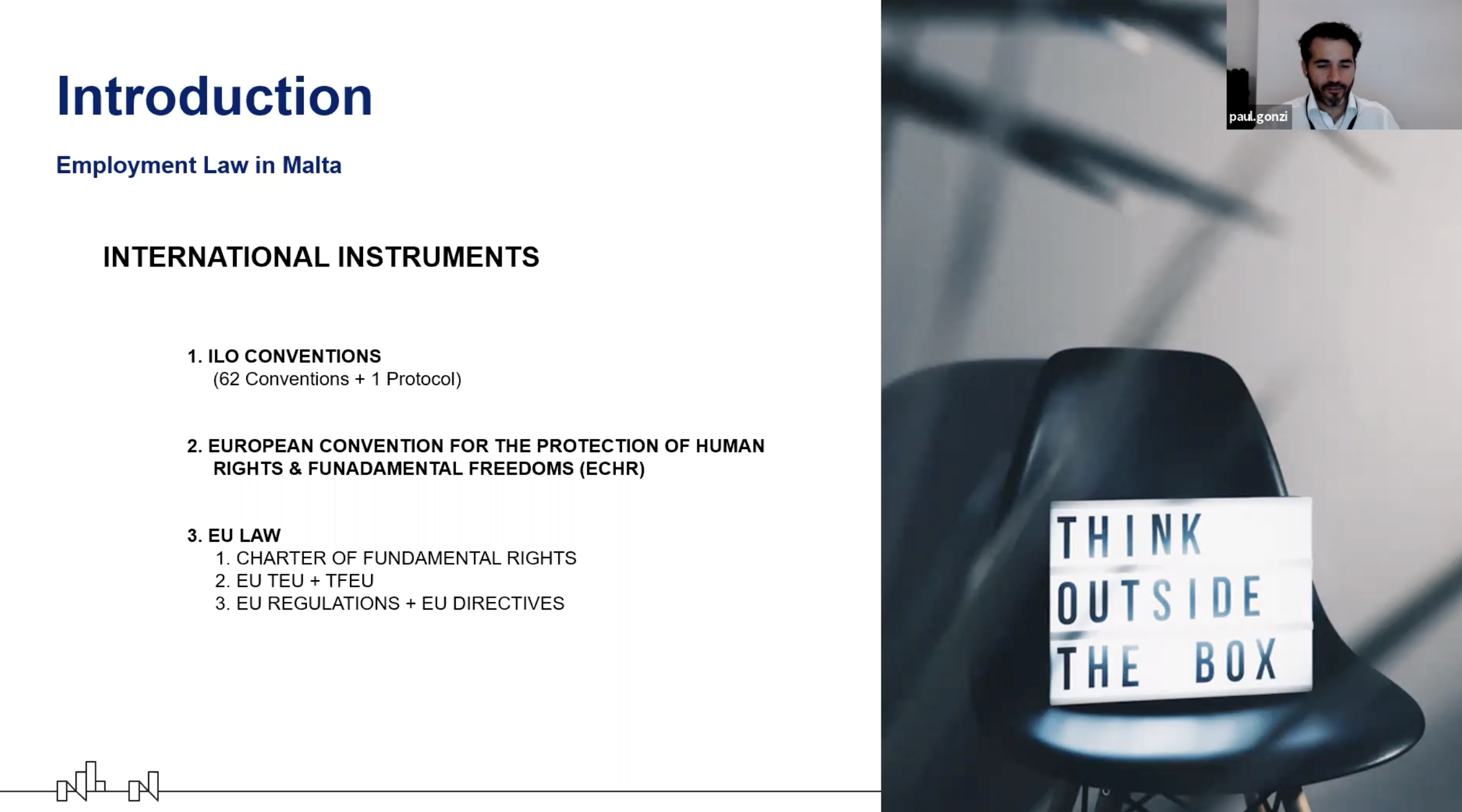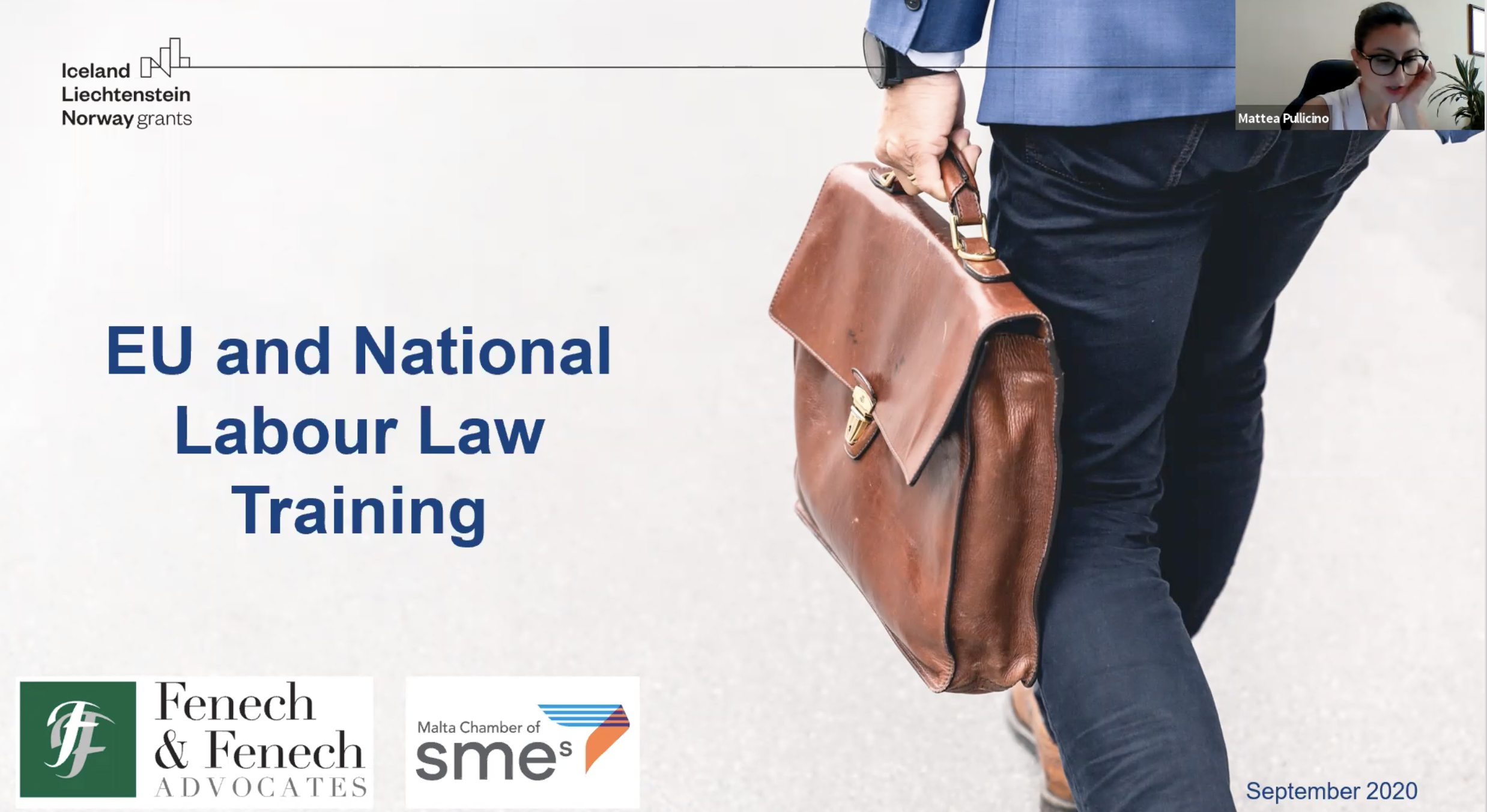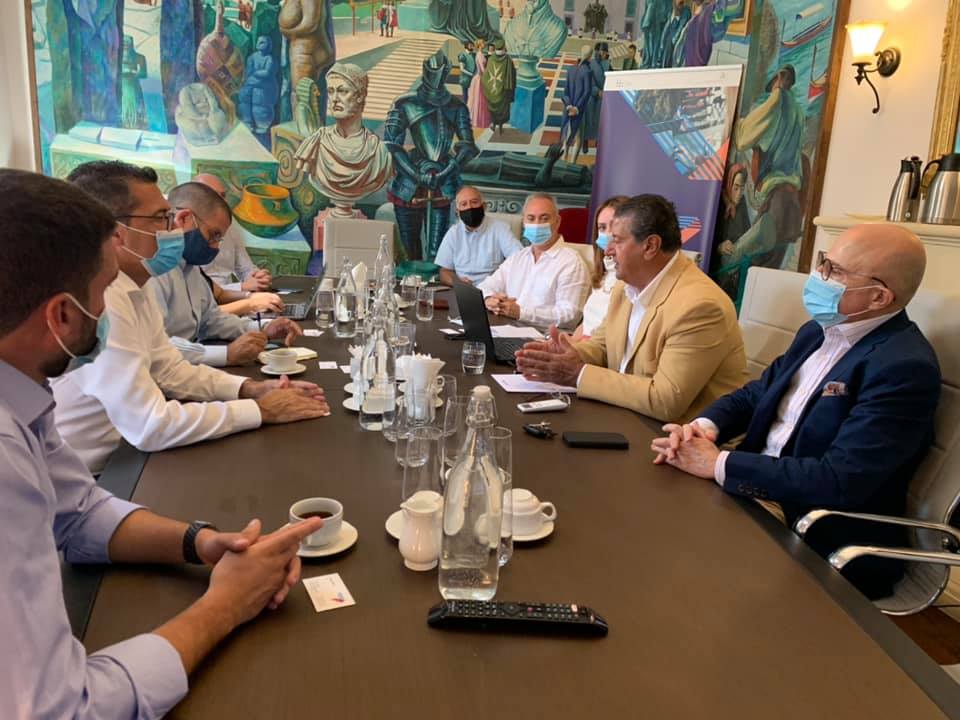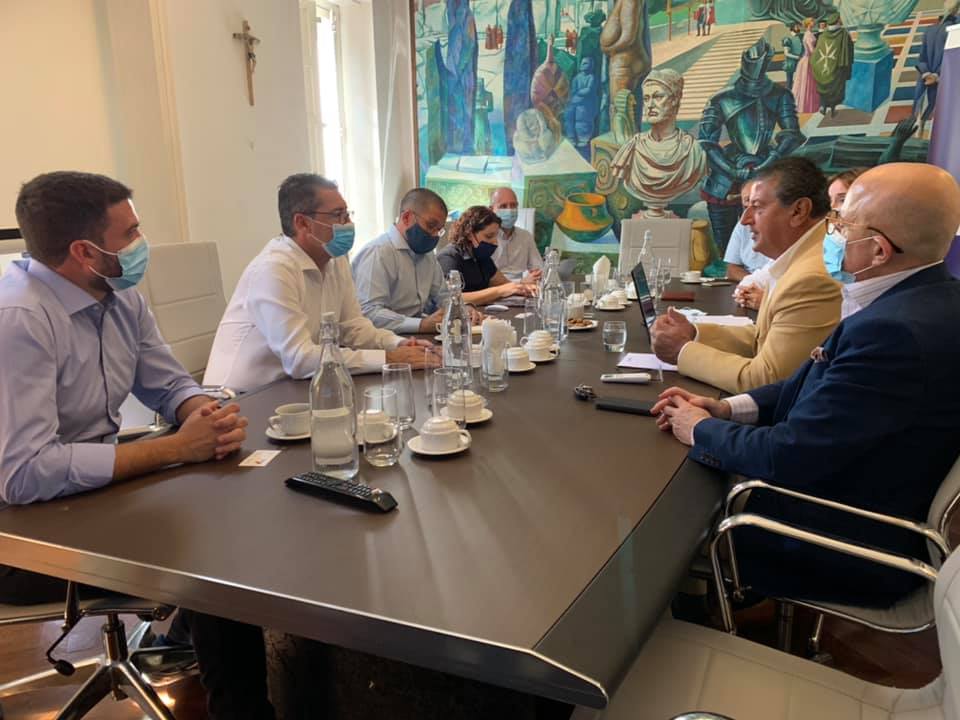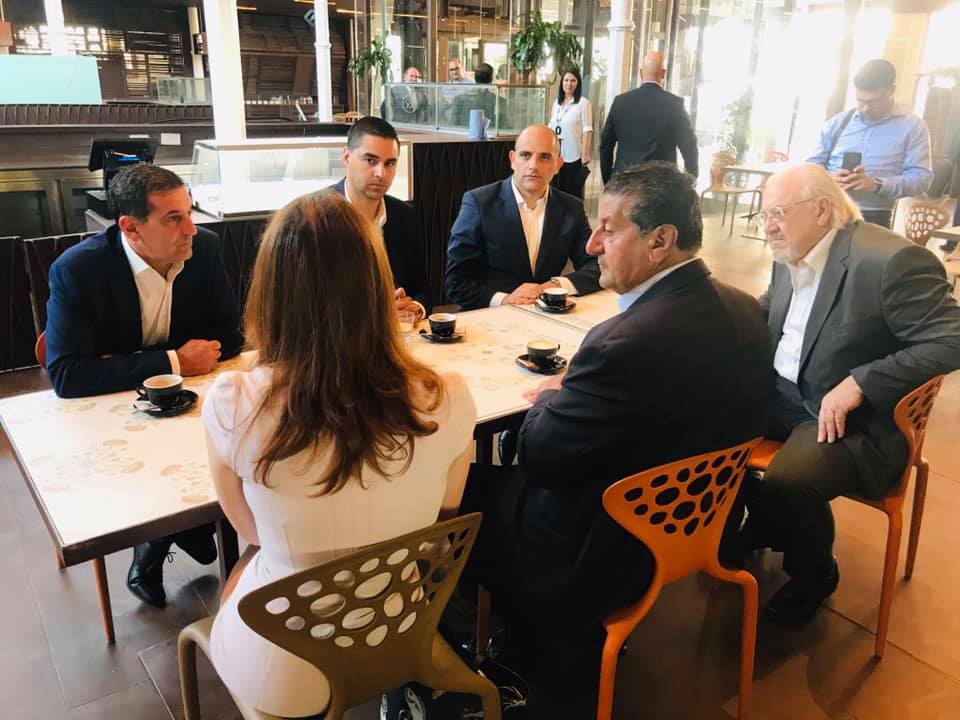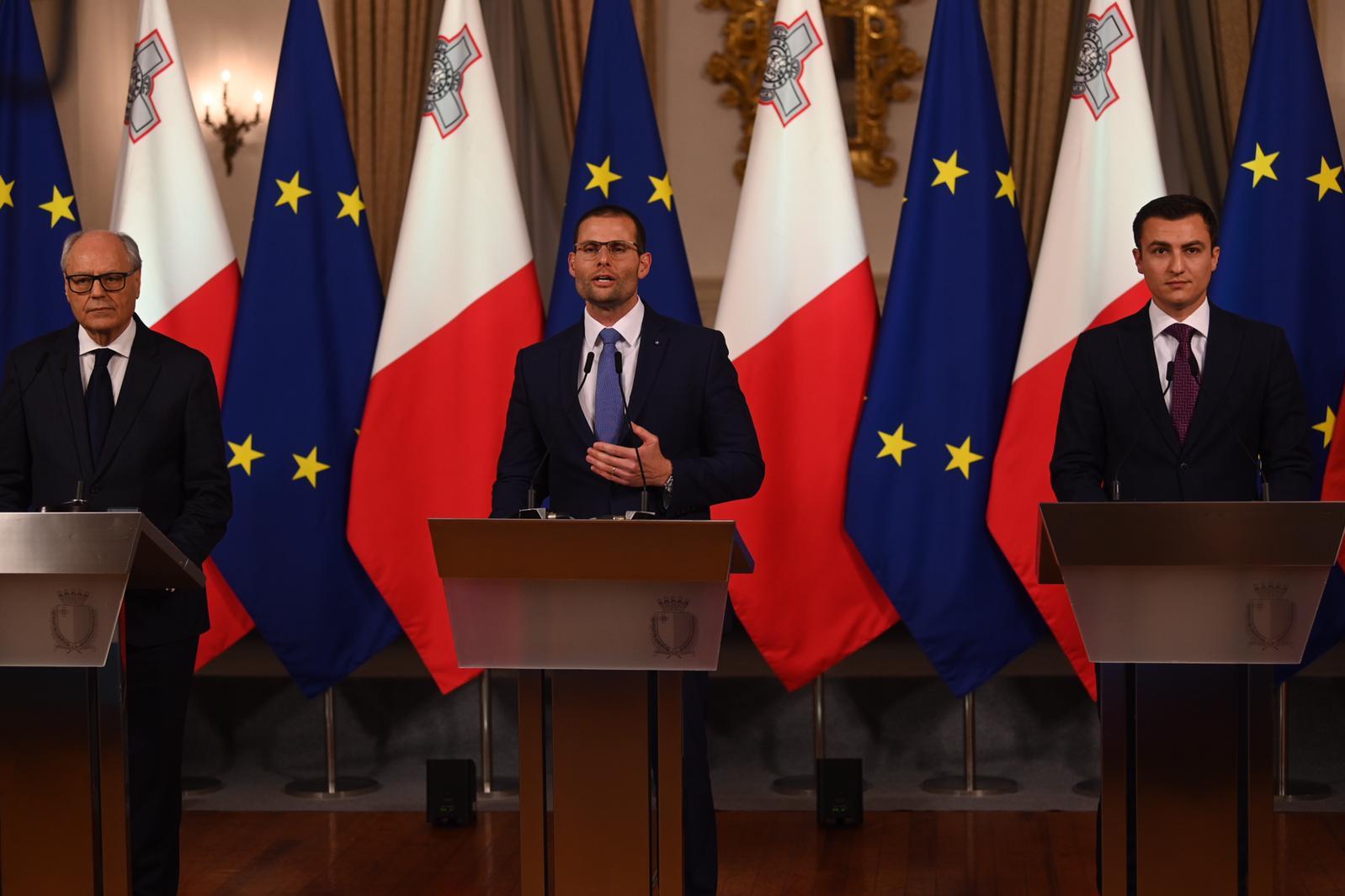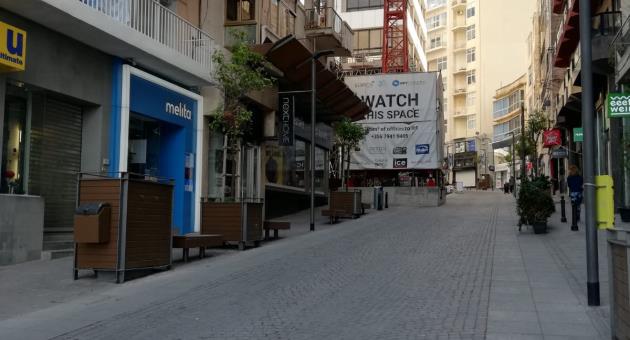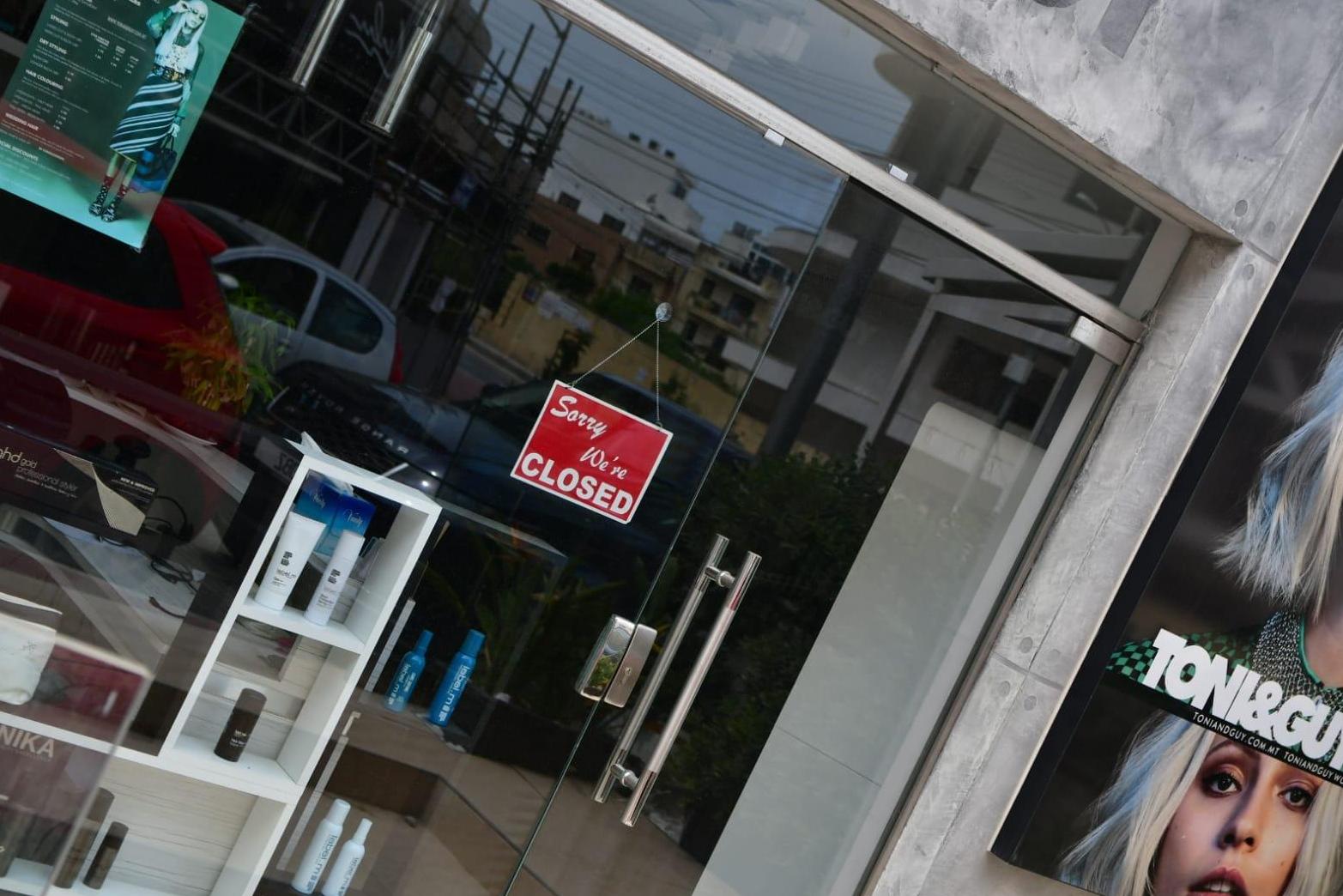The Agreement on Withdrawal of the United Kingdom of Great Britain and Northern Ireland from the European Union and the European Atomic Energy Community (herein referred to as ‘the Agreement’) came into effect on 1 February 2020. Therefore, as from 1 February 2020 0000hrs (CET), then the UK is considered to be a third country to the European Union;
In this regard, it is imperative to note that:
- Part Two of the Agreement covers issues regarding the rights of UK nationals in the EU and EU nationals in the UK, including Malta;
- Part Four of the Agreement provides for a transitory period that is envisaged to end on 31 December 2020. This period may be extended by a further one or two years if there is an agreement between the EU and the UK until 31 July 2020. Amongst the provisions of this part of the Agreement, there is a priviso that Union law shall be applicable to and in the United Kingdom during the transition period.
- This means that effectively nothing will change until the end of this period (i.e. status quo at least until the end of December 2020).
- During this period, negotiations at EU level will commence on the EU-UK relationship after the end of the transition period in a number of areas.
Focusing specifically on Part Two of the Withdrawal Agreement, this:
a. Guarantees the rights of EU nationals in the UK and UK nationals in the EU that would be in each the respective territories before the end of the transition period (whenever that may be).
b. It protects beneficiaries (and their family members) residence and related rights indefinitely.
Beneficiaries include:
i Family members of EU nationals who are granted rights under EU law, including those who do not yet live in the same host state as the EU citizen or UK national, who wish to join them in the future (as long as the relationship started before the end of the transition period);
ii. Children, irrelevant of whether they are born before or after the end of the transition period
iii. Frontier workers and in the country where they work.
c. In terms of its material scope, the Agreement covers:
i. Residence rights (ensuring that the substantative residence conditions are the same as those under current EU law on free movement);
ii. Social Security (the persons concerned will continue to maintain their right to healthcare, pensions and other social security benefits in the same way as EU nationals);
iii. The right to take up employment or carry out self employed activity, as well as all their workers’ rights based on EU law;
iv. Recognition of Professional qualifications (decisions taken before the end of the transition period would continue to be valid and pending cases at the end of the transition period would be finalised under the same conditions).
As regard the implementation of the above in Malta, the Government has published legislation with details about
- The process of applications including deadlines related thereto both for UK Nationals and their family members in Malta until the end of the transition or those joining after the end of the transition;
- The rights of beneficiaries to receive residence documentation;
- The fees (and exemption therefrom) applicable for beneficiaries of this status;
- Loss of rights and access to safeguards / appeal;
- The fact that the residence documentation issued to a person on the basis of his right to free movement prior to the Withdrawal date and who qualify as a beneficiary under these Regulations would continue to be valid until a residence document issued under this Regulation would be issued.
The legislation establishing an immigration status for UK nationals resident in Malta on the date of withdrawal of the UK from the EU is also going to be repealed by this subsidiary legislation.
All UK nationals resident in Malta and already in possession of a an EU Residents Certificate will receive information from Identity Malta in the coming days to exchange their documents to one reflecting the new status.
